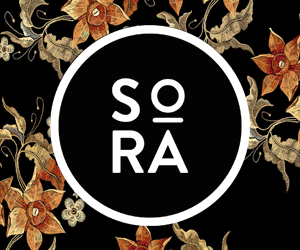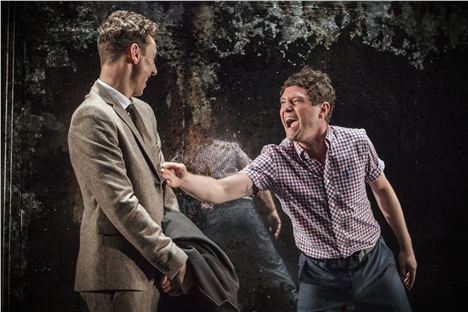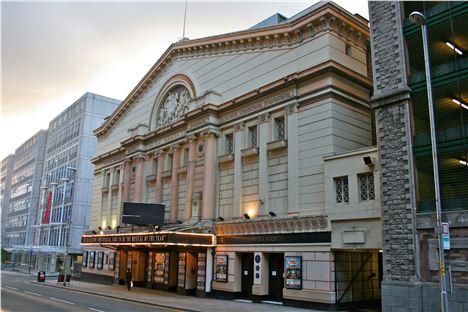THE OPERA House is home for five days only to The Pride, a highly acclaimed and award-winning first play from writer Alexi Kaye-Campbell.
The four actors (at curtain call it’s almost surprising there are so few) give superb performances, negotiating the contrasts between their two characters with convincing perfection.
First seen in Sloane Squre's Royal Court Theatre, this revival rounds off its successful West End run with a short tour. Catch it if you can by Friday, as Strictly's Brendan Cole is booked in to the Opera House from Saturday.
The opening could be almost any relationship drama from the 1950s onwards. Sylvia introduces her bored property dealer husband to her new employer, children’s writer Oliver. They’re off to an Italian restaurant, still something of a novelty.
Working with Oliver as a children’s book illustrator has revived her following a recent ‘illness’ and Philip is delighted. The dialogue is fast and playful, but there are hints of real unhappiness for all three and hints of unresolved issues. Do Philip and Oliver really recognise one another as people, or is it just as types?
Representing dramatic societal change through drama can be a challenge. The Pride, set in two periods fifty years apart, moves between the fifties and present day to highlight and contrast the differences.
Campbell enhances the contrasts by having three identically named characters in both periods. That they live their lives in a different manner is the result of changes in both the law and in society’s attitudes. Fifties Philip in particular struggles with his sexual identity while remaining married to an increasingly aware Sylvia. Present day Philip struggles with his relationship to the serially unfaithful Oliver, while Sylvia offers critical support to her friend Oliver.
Oliver remains a writer in both periods but, unable to write what he wants to in the fifties, creates fantasy worlds for children, probably for himself too.
The four actors (at curtain call it’s almost surprising there are so few) give superb performances, negotiating the contrasts between their two characters with convincing perfection. Using the London cast for this short tour ensures sharp interaction and the opening scene dialogue is delivered at a cracking beat-perfect pace.
Harry Haddon-Paton plays Philip and gives us a guilt-driven fifties husband revolted by his own desires and a confident modern successful gay man wanting commitment and fidelity.
Al Weaver’s performance as Oliver provides superb contrasts. The fifties Oliver has, in his adult years, reached a clear understanding of what he wants, and the difficulties of obtaining it.The desires of present day Oliver are perhaps more conflicted. Weaver’s performance clearly contrasts the two in many ways, the more guarded fifties body language for example, while making a rather needy and slightly selfish character very endearing.
Naomi Sheldon's fifties Sylvia, struggling with the best intentions to understand those around her is set against the modern and sexually liberated Sylvia, dispensing advice and platonic comfort while ultimately and justifiably prioritising her own happiness.
Mathew Horne, in three small roles, provides most of the comedy as a Nazi-costumed internet-rented fantasy sex figure and lads-mag editor with an overemphasised, prurient but genuinely driven desire to ‘understand’ the gay world. His scene with Haddon-Paton as fifties Philip signs up for a ‘cure’ is a powerful contrast and a reminder of very recent realities.
The play both celebrates the achievements of the past fifty years and also points out the fact that relationships, even when legally sanctioned, are not easy. Can we have strong committed relationships if we don’t wish to stay entirely faithful? Do we really know what we want, or even who we are, and how empowering is it to understand that we are not alone, we’re not the only ones.
Soutra Gilmour’s set, an enormous mirror, cloudy in parts, allows reflections and a glimpse of layers, present, future and past. Jamie Lloyd’s direction plays on what we know. I’m reminded of the ground-breaking Dirk Bogarde film Victim in the beginning. The sharp pace set at the start is broken for moments of stillness and reflection while the audience is given essential moments for certain moods and reflections to sink in.
‘To Russia With Love’ curtain call banners too have much to say.
The Pride, Manchester Opera House, Monday 20-Saturday 24 January.
Tickets £11.90-£32.40 here.
Age Guidance 16+

















